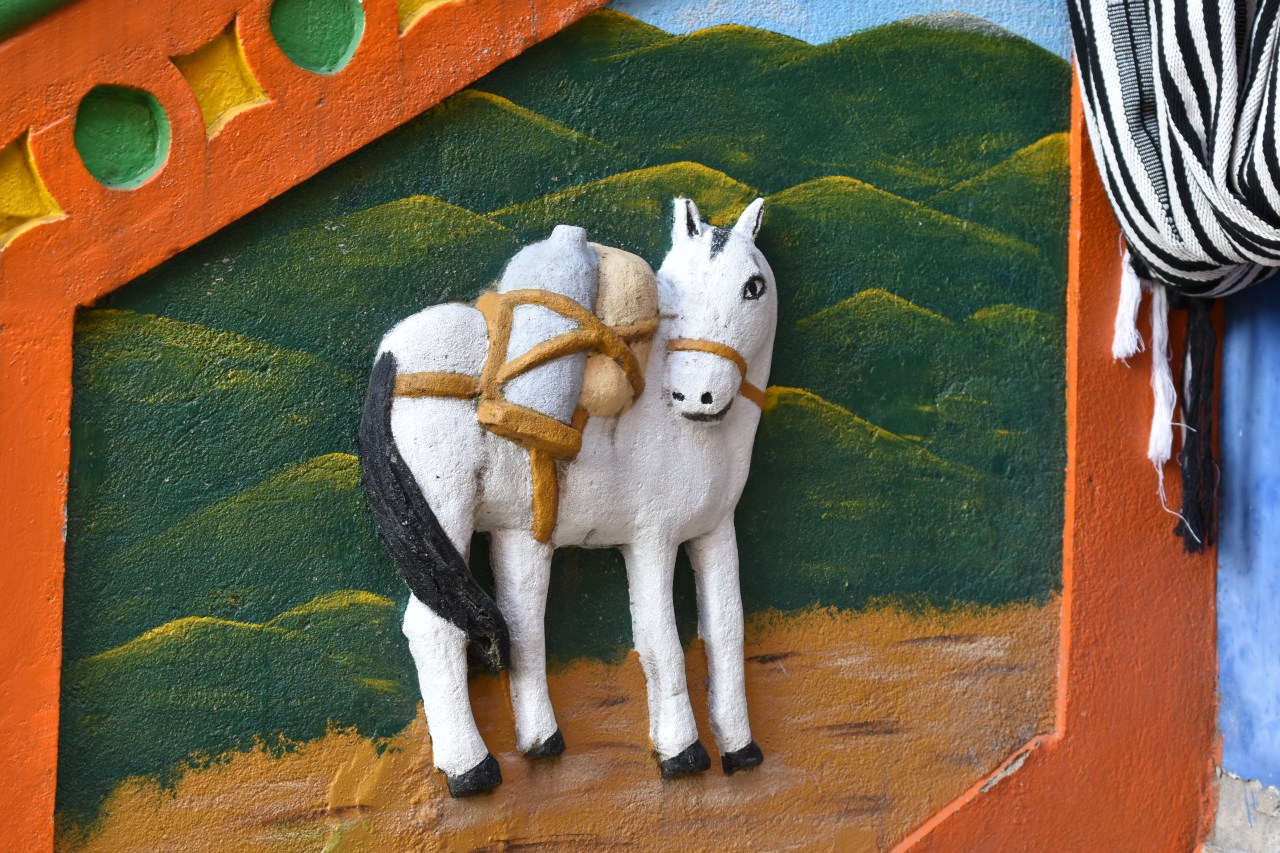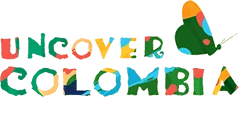

April 17, 2024, 6:46 pm
Not all celebrations stem from religious origins. Festivals can also arise from more secular motives or cultural traditions, such as honouring natural phenomena like rain, specific agricultural produce such as potatoes or onions, or even animals like donkeys or alligators, reflecting regional customs.
March typically sees a blend of religious and secular festivities. While the Catholic Holy Week, particularly Easter, takes centre stage in many places, other non-religious events also dot the calendar. For instance, in the Colombian city of Popayan, nestled in the Southern Andes, Easter celebrations hold profound significance.
Yet, March is not solely about religious observances. It hosts a variety of secular festivals that draw considerable attention. Notable among these is the Festival de la canción llanera (The Llanera's Song Festival) in Villavicencio and the Festival del Burro (The Donkey Festival) in San Antero, situated along the Colombian Caribbean coast.
While Easter celebrations in Catholic countries like Colombia are more widely known, the Donkey Festival may surprise many. This unique event pays homage to donkeys' invaluable contribution to Colombian farmers' daily lives. Moreover, it serves as a delightful occasion for both locals and visitors to revel in the festivities and bask in the splendour of San Antero's pristine white sandy beaches.
Originating in the early 20th century as a Catholic Easter tradition, the festival initially revolved around burning a doll symbolizing Judas Iscariot, carried by a donkey, as a symbolic punishment for his betrayal of Jesus. Over time, however, the focus shifted, with the donkey taking centre stage, transforming the festival into a whimsical celebration dedicated to these hardworking animals.
Today, the festival resembles a playful carnival for donkeys. The highlight is a colourful parade where owners proudly display their donkeys adorned in elaborate costumes, often depicting Colombian or international icons. The most creatively attired donkeys are crowned as the festival's King and Queen. Beyond the parade, the festivities span five days and encompass diverse attractions such as concerts, street performances, craft exhibitions, and, naturally, a delectable array of local cuisine.
Although the Donkey Festival may have strayed from its religious origins, its significance remains undiminished among the residents of San Antero. For them, it's an opportunity to come together, revel in their music, savour their culinary delights, and uphold cherished traditions. In Colombia, any pretext serves as a reason to throw a spirited celebration.
Share with your traveller friends!




